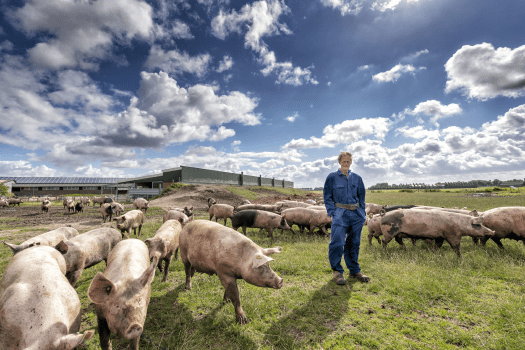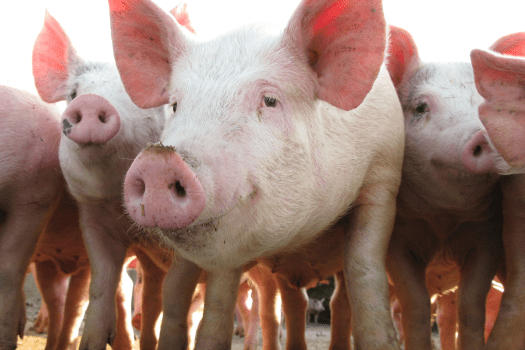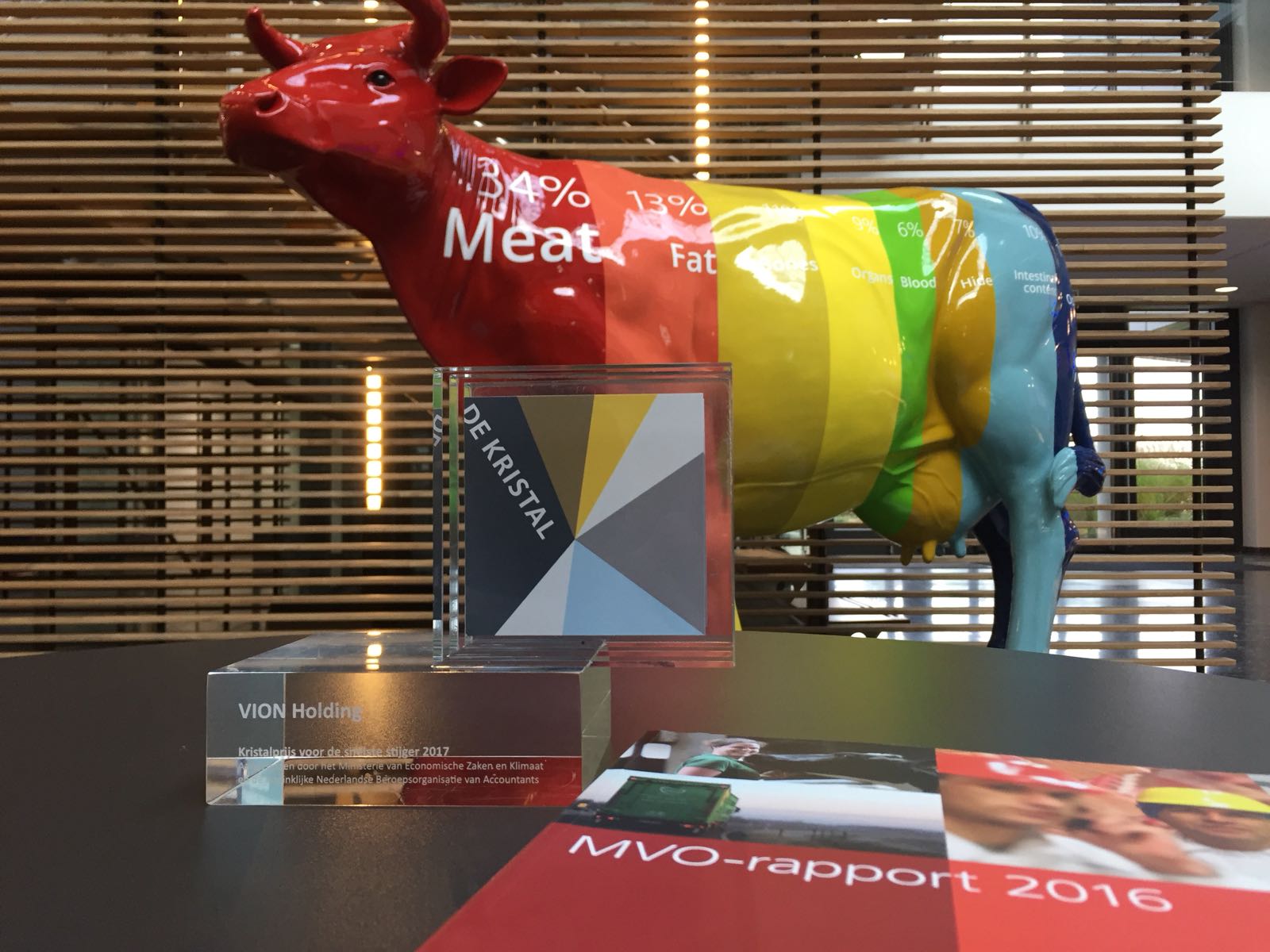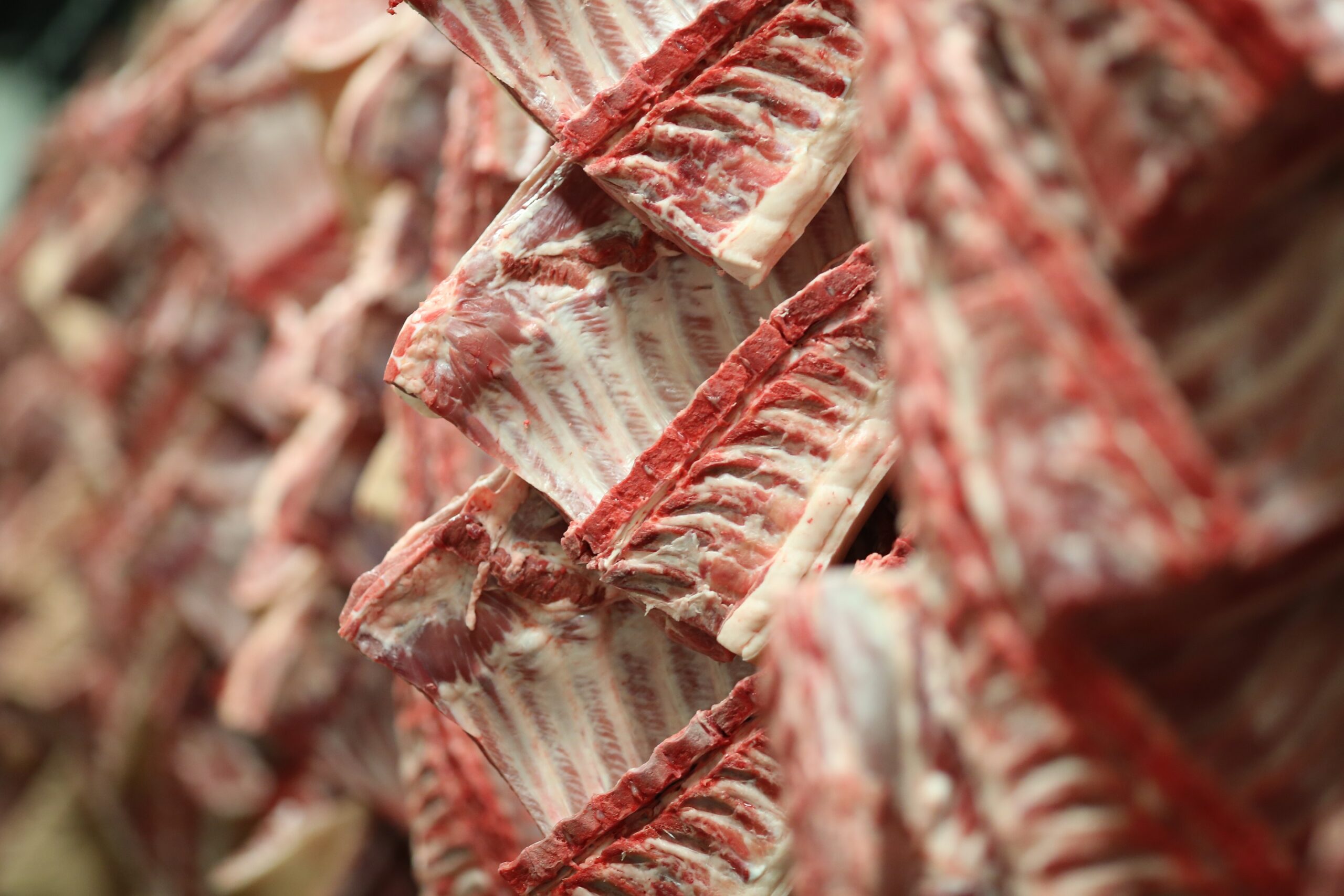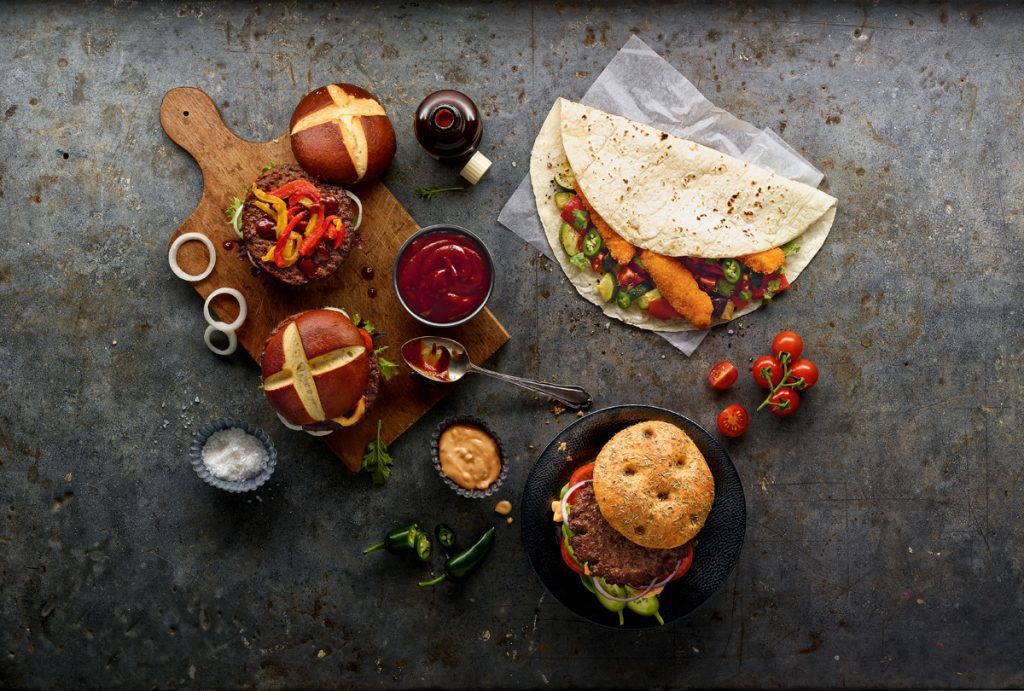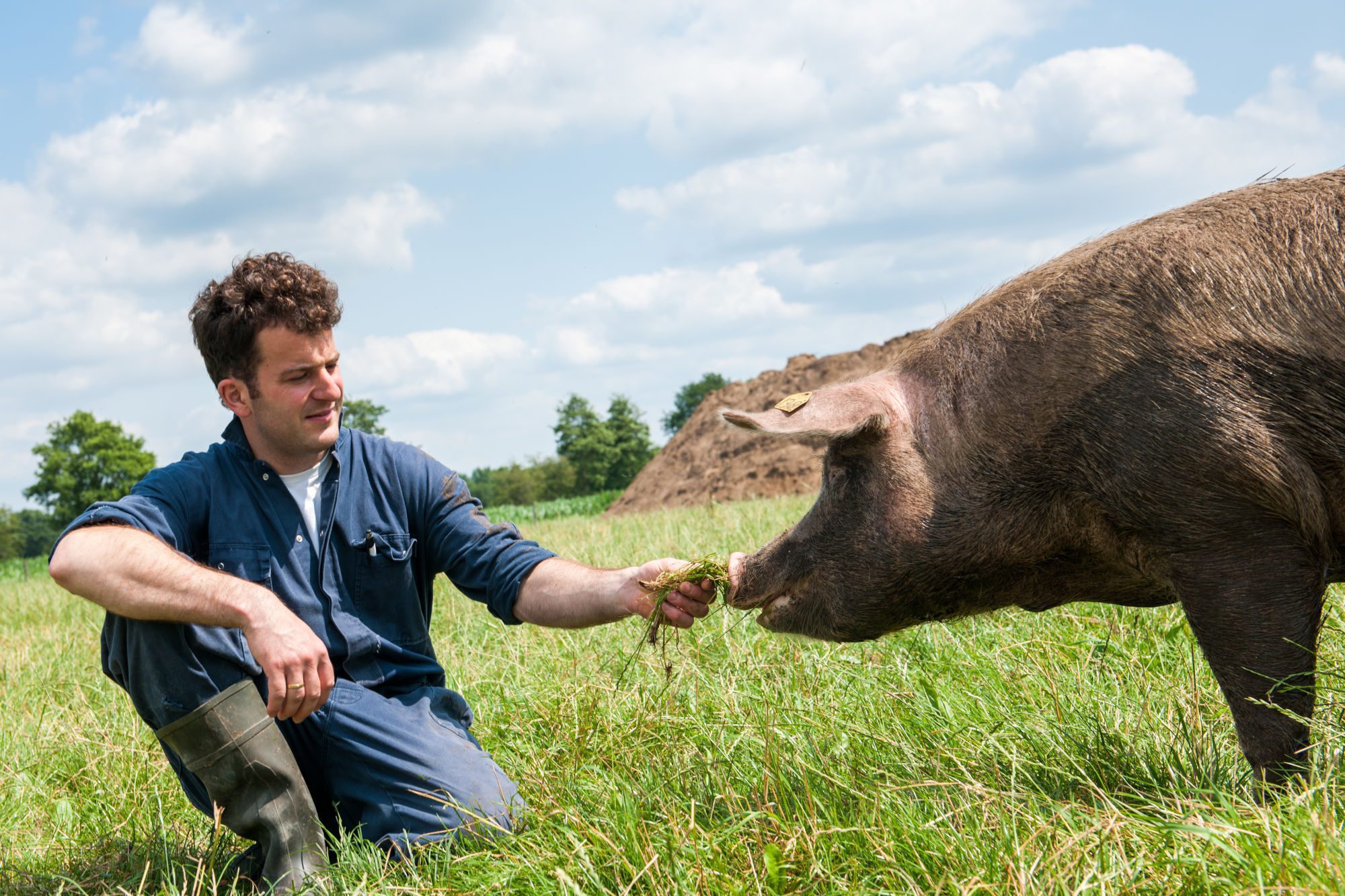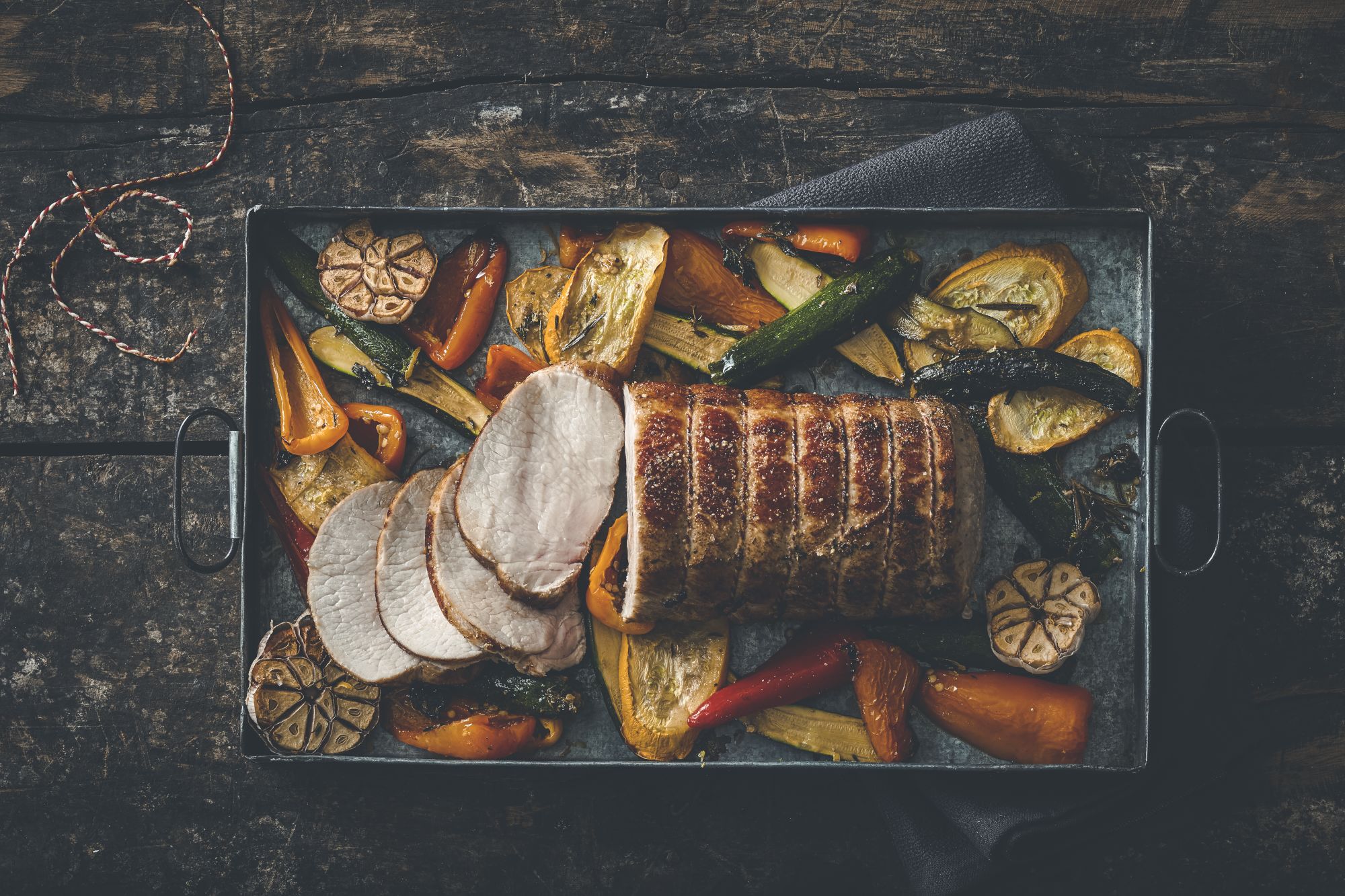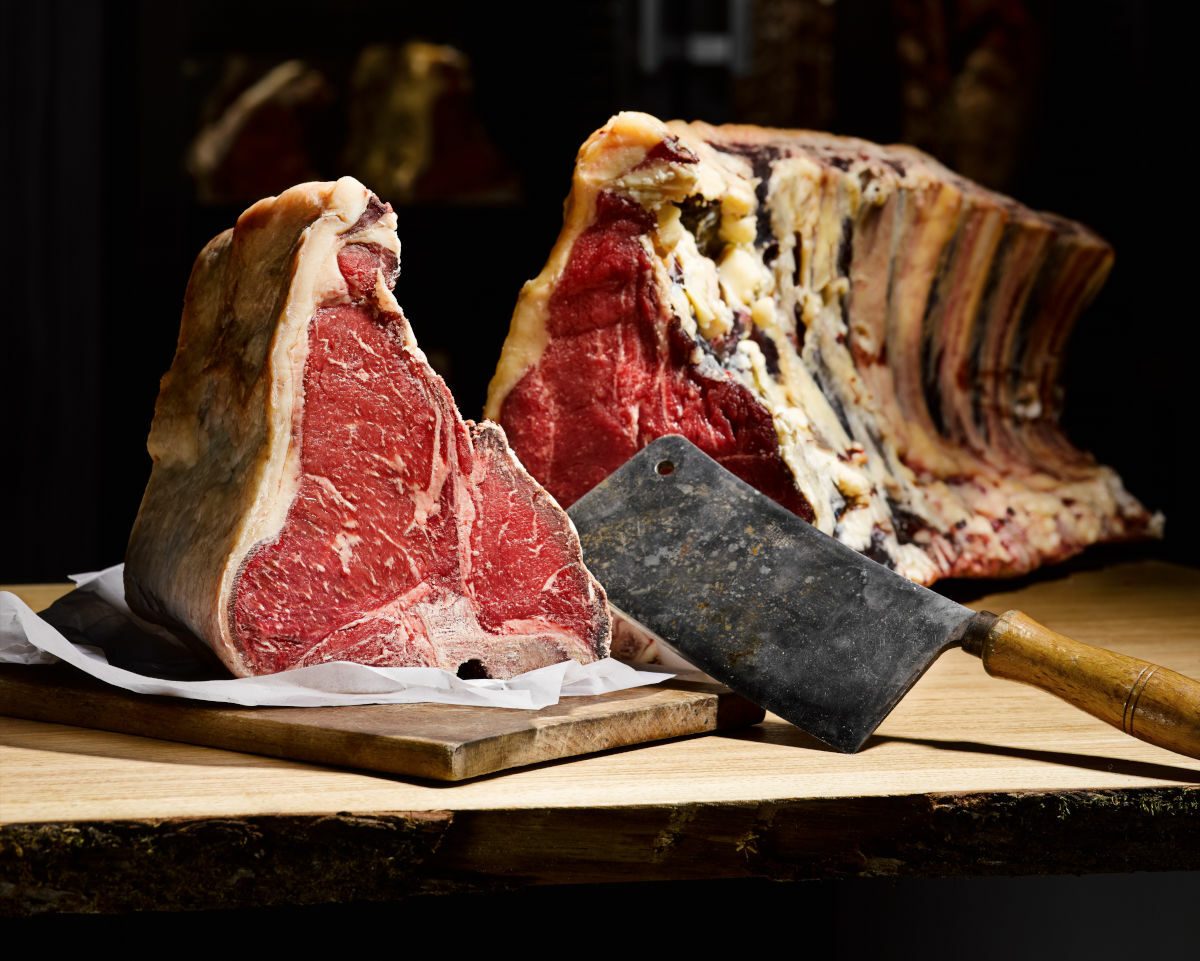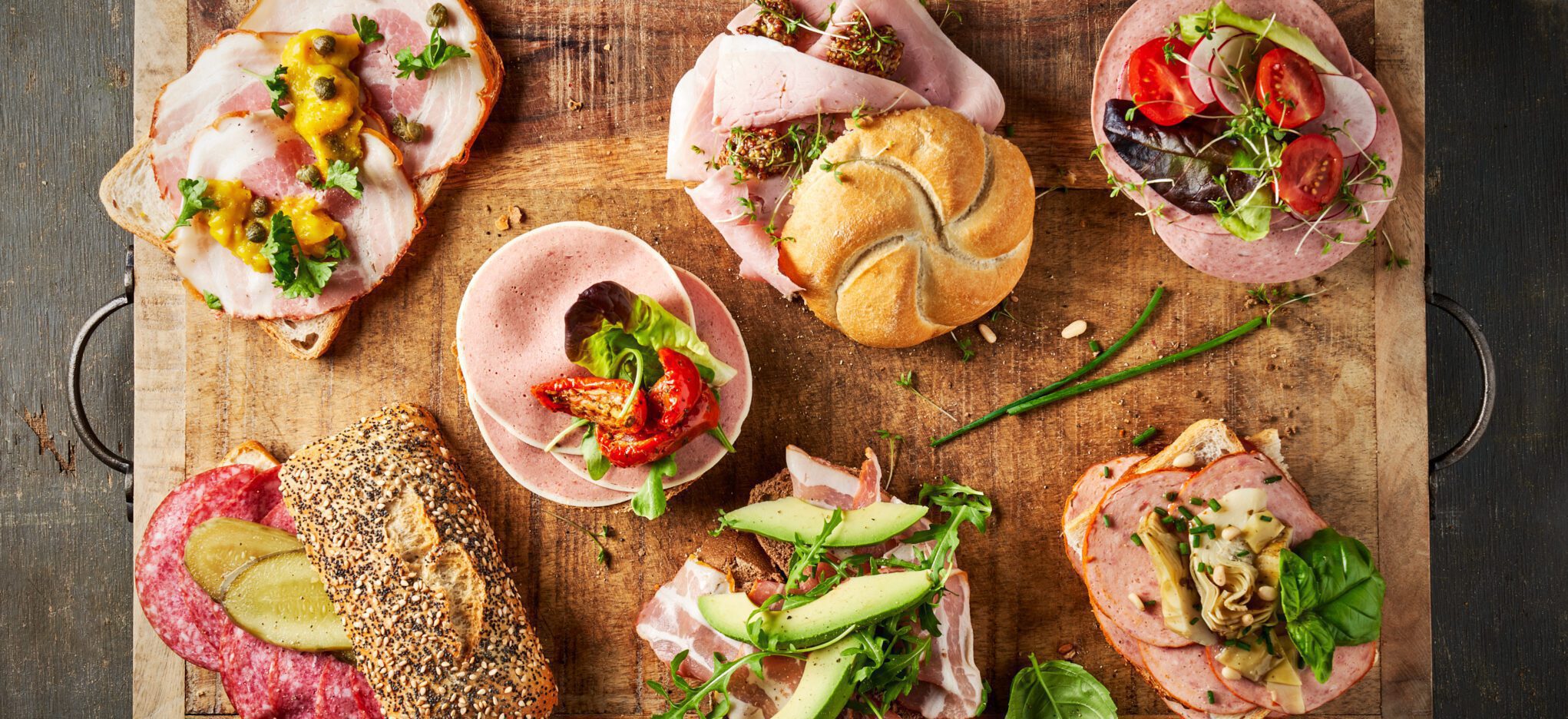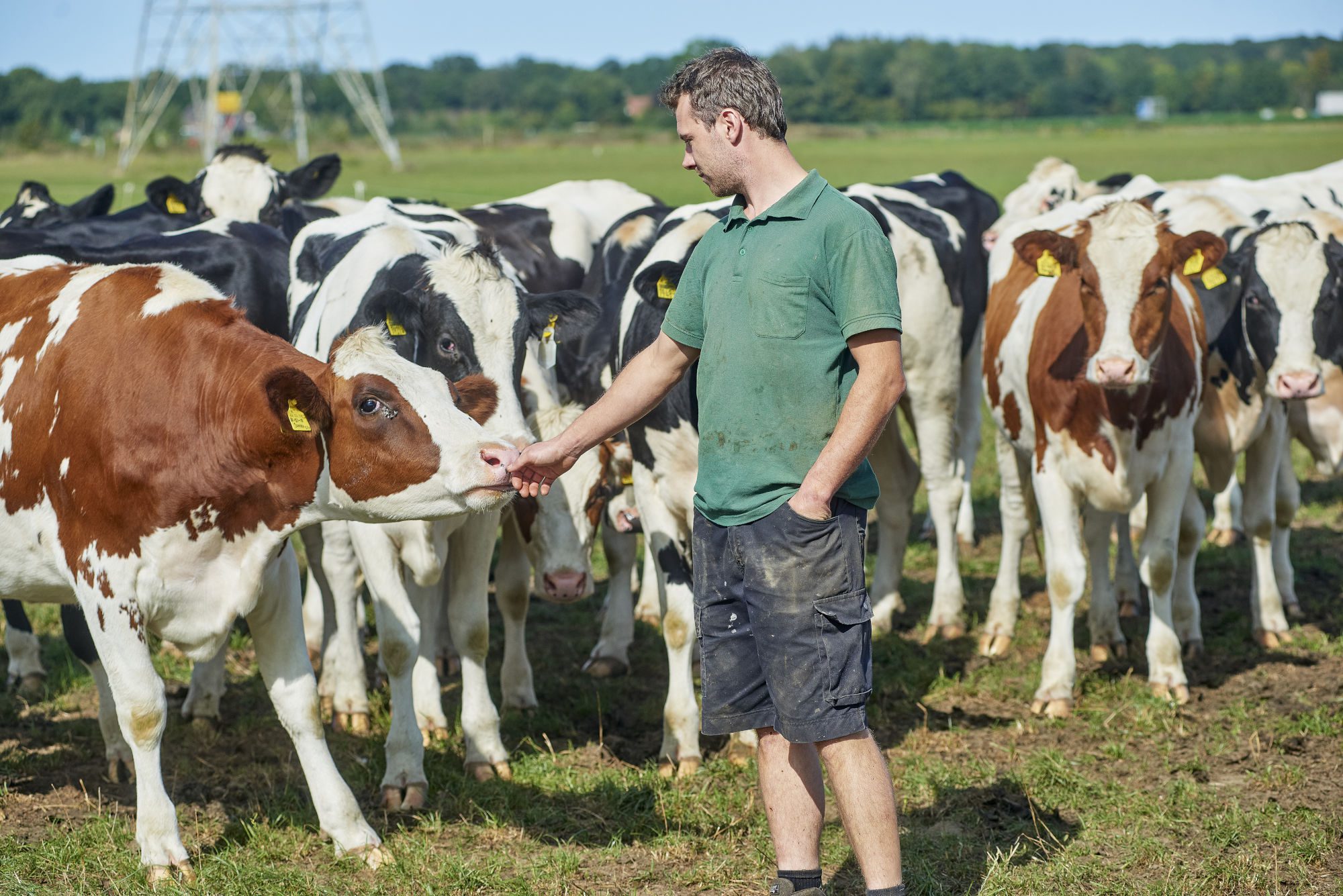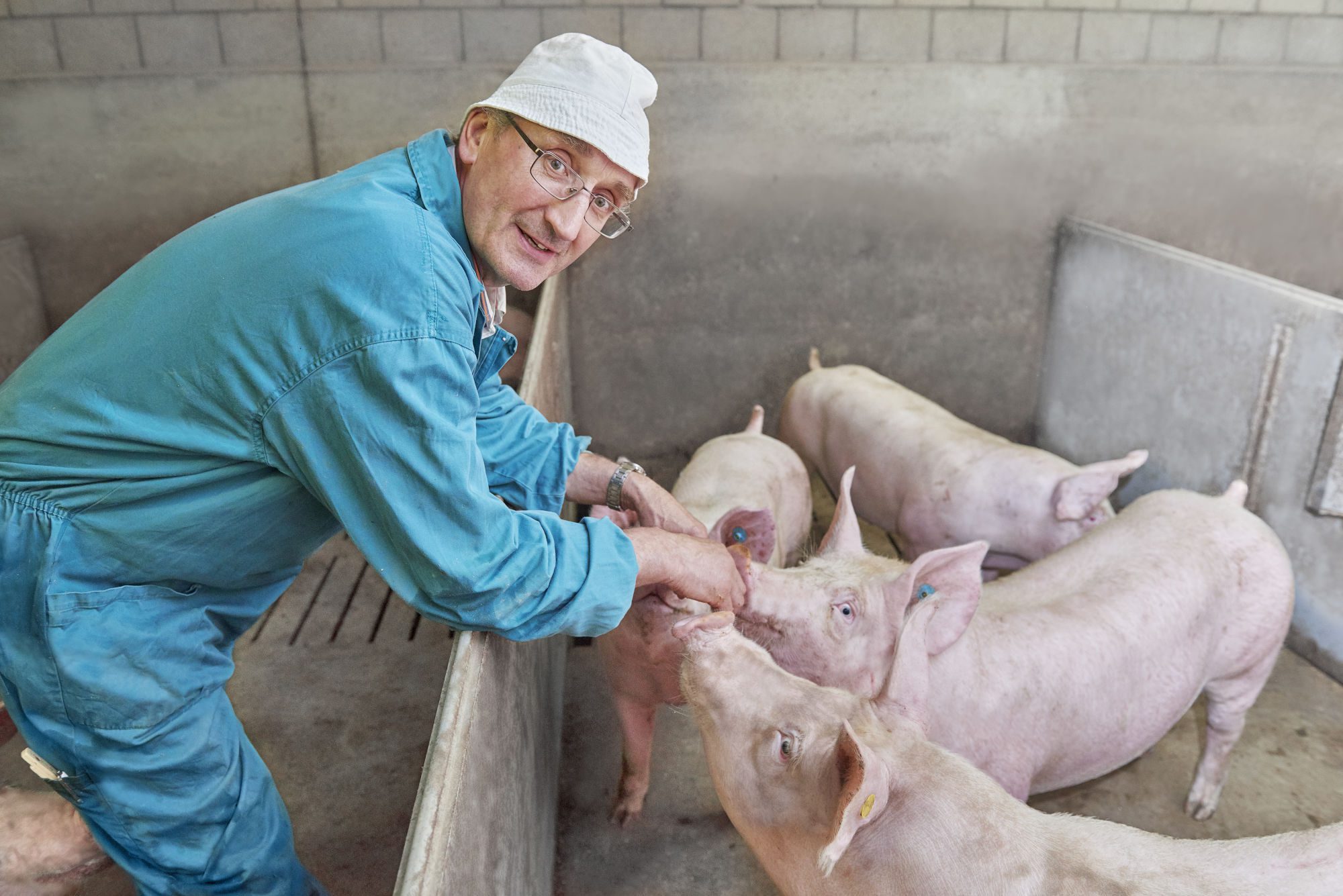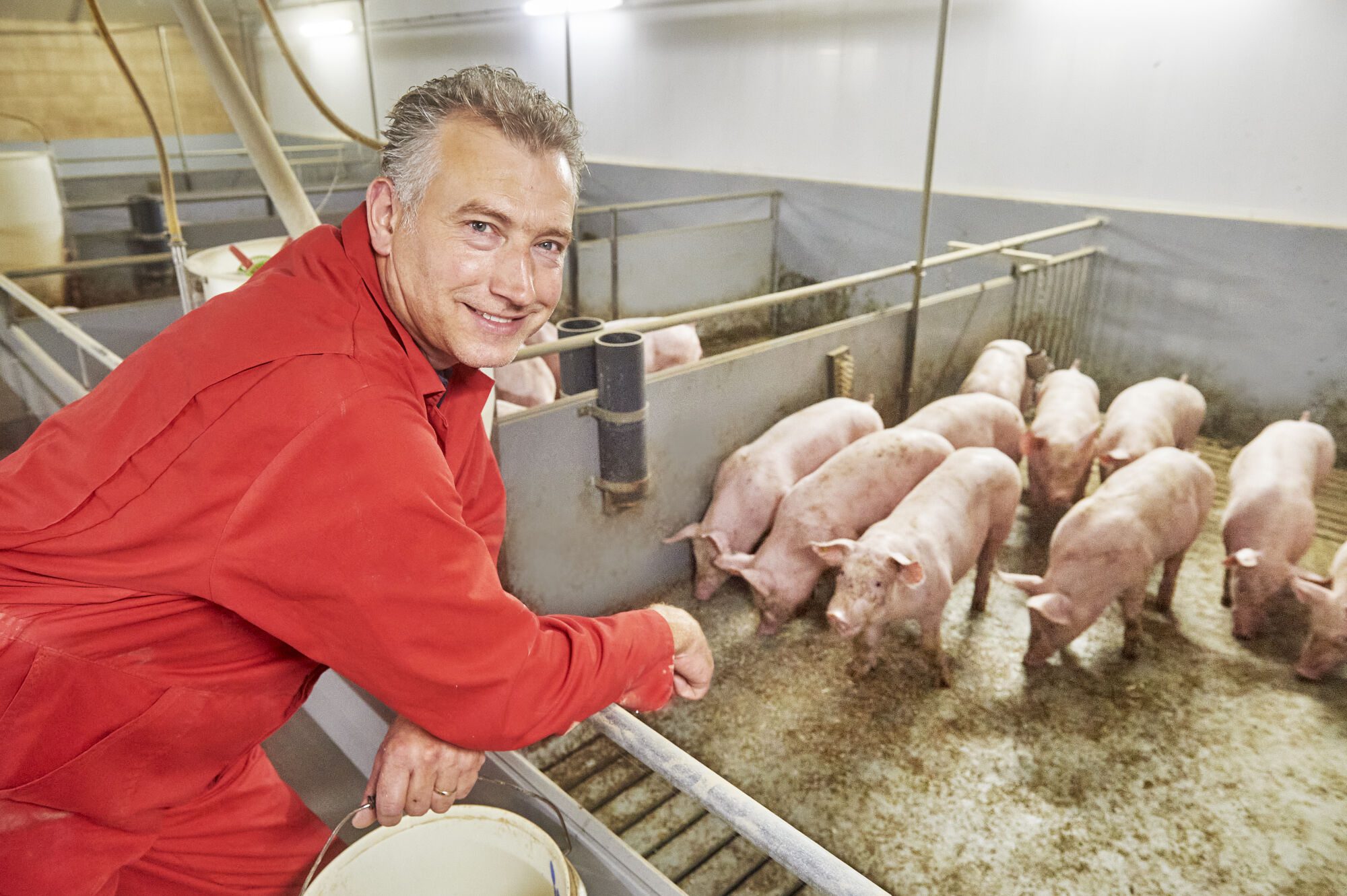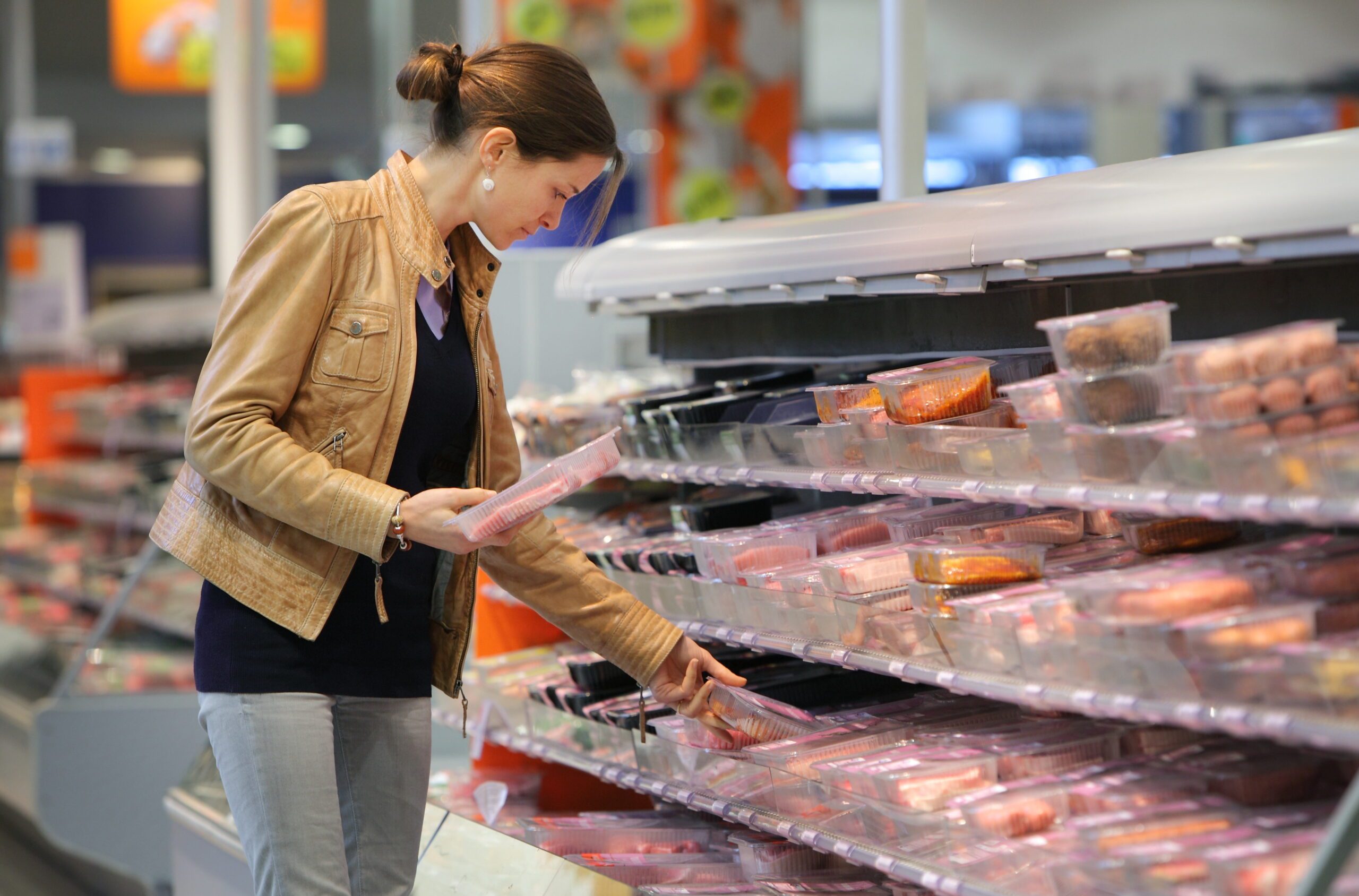A special issue of Vion Consumer Monitor (VCM) on the subject of inflation found that over 30 per cent can no longer afford their previous level of meat consumption. Compared to the annual consumer survey in spring, this research also shows that although regionality and animal welfare continue to be important, people are no longer willing to pay more.
The rising cost of living and insecurity about the future are having an impact on consumer behaviour in Germany – 44 per cent of people believe that their financial situation will get even worse in future. A representative Vion Food Group special survey carried out by GfK investigated the extent to which continued inflation has affected people’s views when purchasing meat. The results demonstrated that 31 per cent of Germans can no longer afford their usual level of meat consumption. The majority of these people still view meat as an indispensable part of their diet.
A trend towards cheaper and smaller amounts of meat
The GfK market data shows that meat sales volumes are continually shrinking. It is clear to the VCM special issue on inflation that this is connected to prices. As a result of higher prices, around a quarter of respondents are also turning to other meat products such as minced meat, as well as other types of meat like pork and poultry. The difference compared to the Covid years of 2020 and 2021 is stark. During this time, German households had a preference for premium products. But the quality-price ratio remains firmly anchored in people’s minds: over 70 per cent of households would be willing to pay more for a particularly good piece of meat.
Desire for animal welfare, transparency, regionality and sustainability – but purchasing power is lacking
“We are clearly facing a set of conflicting values here. Germans continue to declare themselves in favour of the megatrends when it comes to buying meat. But at present, the price argument is also strong and clearly plays a greater role in purchasing decisions. Overall, people are looking to make savings in the hope that this might allow them to weather even higher living costs in future,” says Wilhelm Habres, Beef Sales & Trade Marketing Director at Vion, who has been responsible for the Vion Consumer Monitor (VCM) for many years. The emotional importance of these megatrends remains unchanged. If money were no object, 75 per cent of people would choose meat of regional origin and 65 per cent would select meat from animal welfare programmes. But people are becoming less willing to pay more money for this. When it comes to choosing between these quality criteria or a lower price, the results are even more clear: 39 per cent would favour price over regional origin, while 44 per cent would favour price over organic quality.
About Vion Consumer Monitor
Since 2007, Vion has conducted an annual survey in collaboration with GfK of around 4,000 households in the GfK Consumer Panel, comparing this data with actual purchasing data in order to gain information about the latest and most relevant issues which is as precise and representative as possible. This long-term survey also delivers incisive data on the latest developments and trends. In 2022, the annual consumer survey took place in March. The special consumer survey of over 2,000 households in the GfK Consumer Panel on the subject of inflation was carried out in September 2022. The GfK Consumer Panel is representative of all households in Germany with persons in charge of the household over the age of 18. It keeps continual digital records of private consumer purchases.
